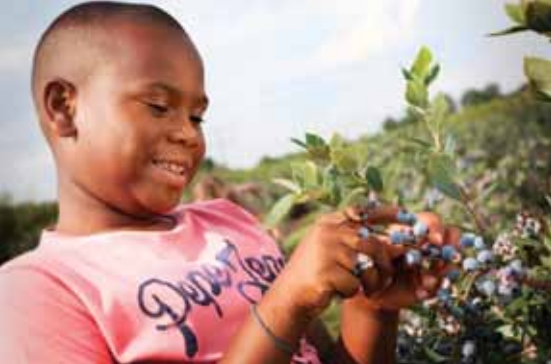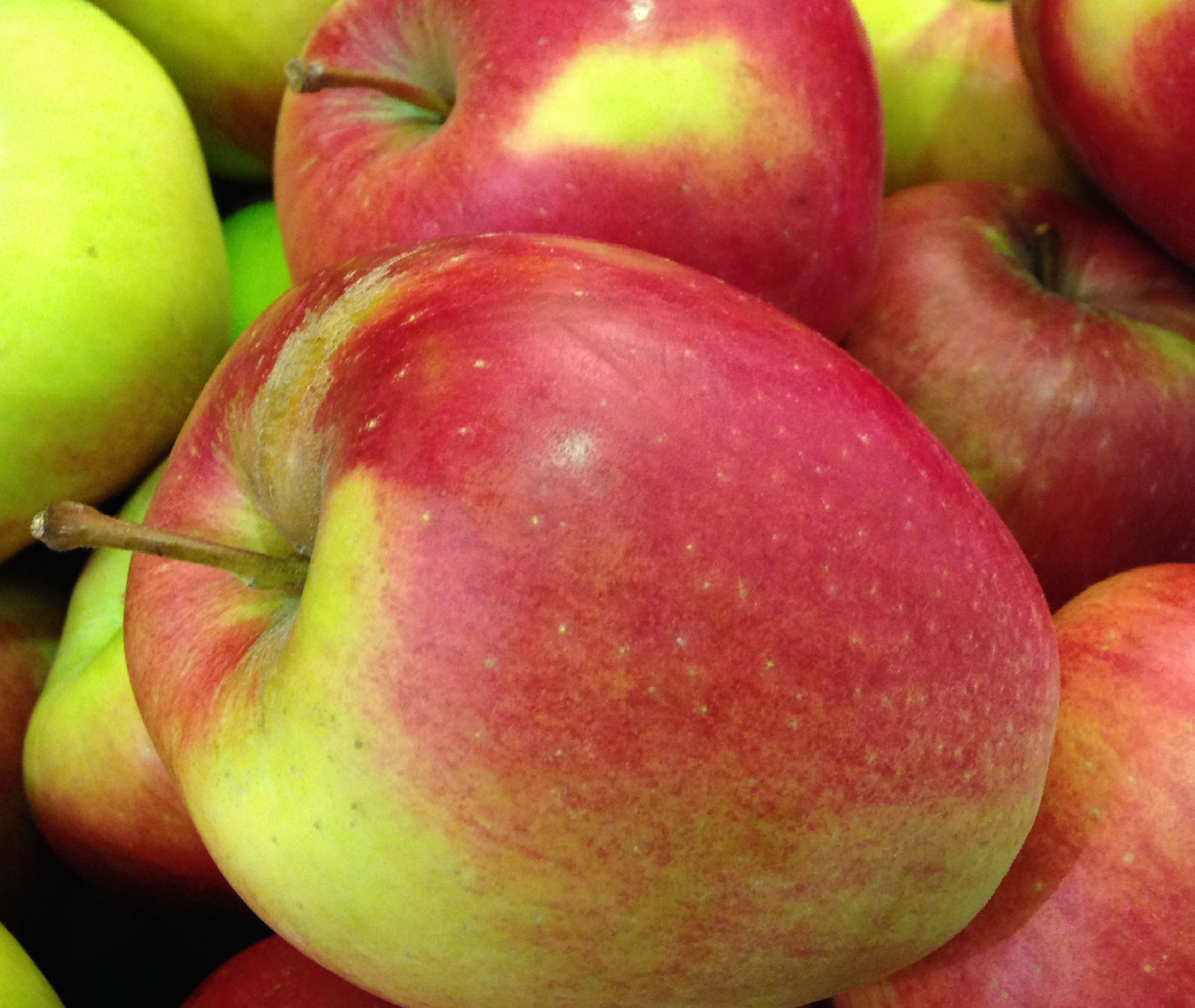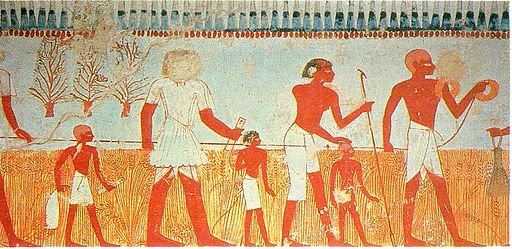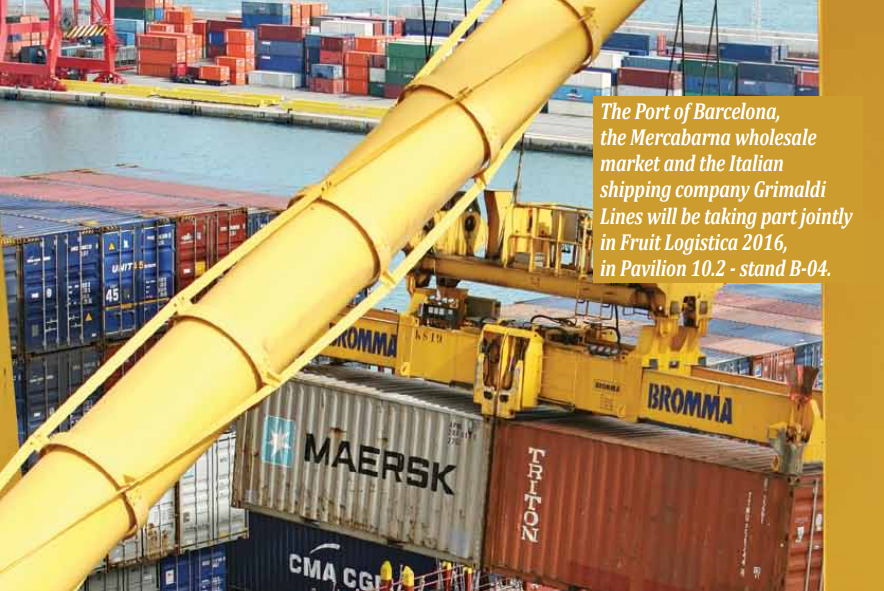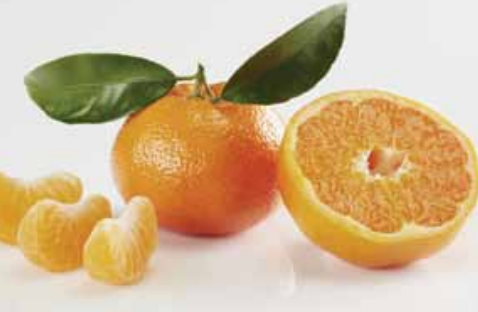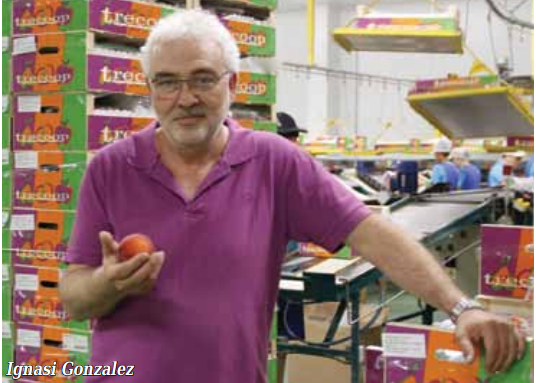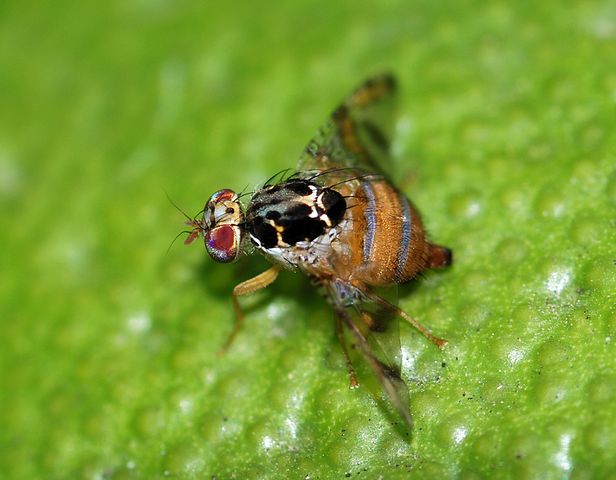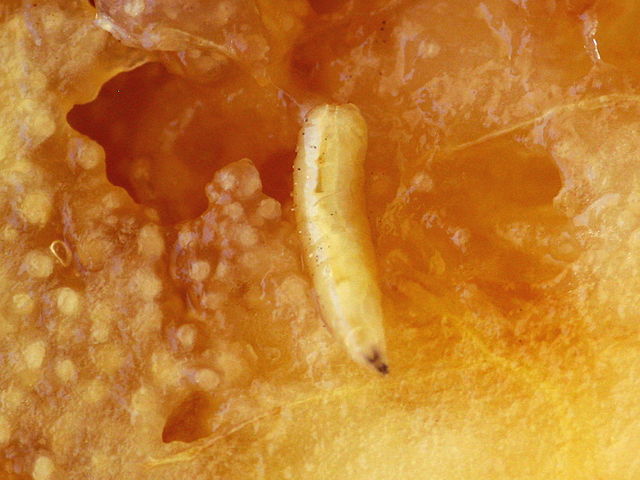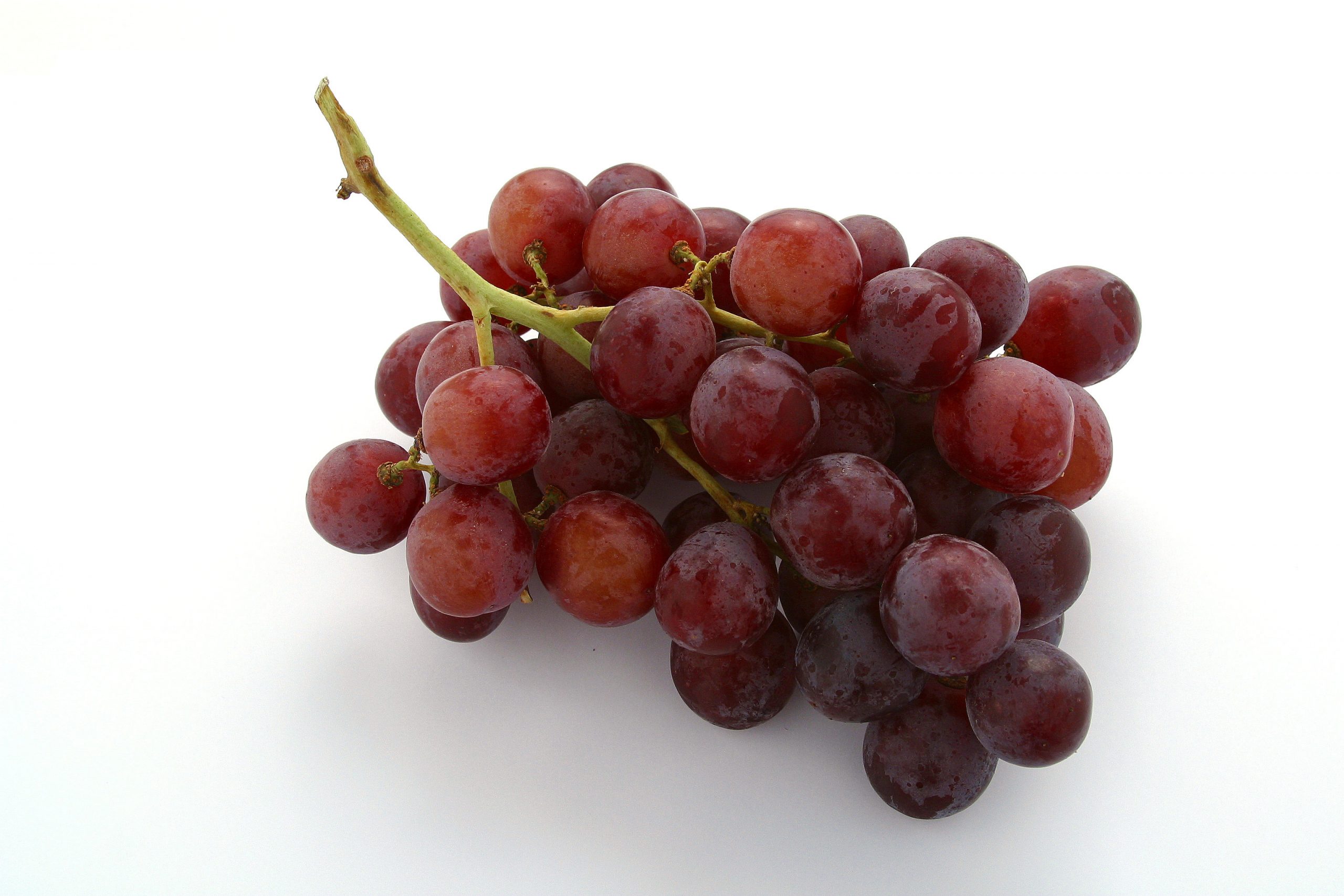
During the 2015 harvest, the Italian consortium La Trentina registered a 10% increase in tonnage compared to 2014. “As of today, the results show that we’re heading in the right direction” said the general director, Simone Pilati. Not to mention that such positive results have taken place against a negative European background with a general decrease of 5%.
This outcome makes La Trentina very proud, as does the professionalism and experience of its associates and the particularly suitable soil where they operate in Trentino Alto Adige, in the north of Italy, which allows them to guarantee an excellent quality standard.
“Once again, the apples of La Trentina are top for quality: flavour, size and good colour” said Pilati. Future prospects entail applying the group´s strategy once again to diversifying the distribution channels, leveraging the wide range of action of the Consortium: 50% of production will be concentrated on the Italian market, while the remaining half will be earmarked for foreign countries such as Spain, North Africa or the Middle East, destinations that have become increasingly important from a strategic point of view.
La Trentina is now ready for the 13th Fruit Logistica. “The Berlin fair is an unmissable event for us,” said Simone Pilati, who underlined the international vocation of the Consortium. The event will be a strategic occasion to meet both new and well-established partners from over 40 foreign destinations where the group exports its fruits, and also to decide part of the annual commercial plan.
The Consortium awaits sector operators at the fair so they can get to know its wide variety of products: Golden Delicious, Gala, Red Delicious, Grany Smith, Morgenduft and Fuji.
Consorzio La Trentina at Fruit Logistica 2016: Hall 2.2 – Stand D-02

